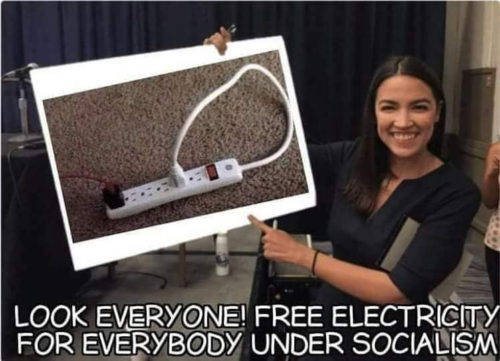What happened?
Reuters is reporting that Wednesday Venezuelan opposition leader Juan Guaido declared himself interim president. American President Trump formally recognized Guaido shortly after his announcement. Trump praised Guaido’s plan to hold elections. That was followed by similar statements from Canada and a group of Latin American governments including Venezuela’s neighbors Brazil and Colombia. Socialist Nicolas Maduro, the country’s leader since 2013, has broken relations with the United States.
Who is interested?
Having invested heavily in Venezuela’s oil industry Russia has become a lender of last resort as the economy implodes. It has also provides support to Venezuela’s military. Russia has denounced the declarations of support for Guaido. According to Interfax Thursday, in Russia’s lower parliamentary house speaker Vyacheslav Volodin called the steps to remove Maduro illegal . A second lawmaker, Franz Klinzevich, said Moscow could end its military cooperation with Venezuela if Maduro was ousted.
In Ankara, Turkish Foreign Minister Mevlut Cavusoglu said recognizing a leader other than Maduro might cause “chaos”. In Paris, a presidency official said France was consulting with its European partners about the situation.
The situation
In front of hundreds of thousands of Venezuelans Wednesday at the rally in the Chacao district of Caracas , Guaido accused Maduro of usurping power. He promised to create a transitional government that would help the nation escape its economic collapse saying, “I swear to assume all the powers of the presidency to secure an end to the usurpation…” Guaido is the 35-year old head of the opposition-run congress.
Guaido’s declaration takes Venezuela into uncharted territory. It puts in place the probability of the opposition running a parallel government recognized abroad as legitimate but without control over state functions. Any change of government will rest on a shift in allegiance within the armed forces. So far, they have stood by Maduro through two past waves of street protests and a steady dismantling of democratic institutions.
In a televised broadcast, Maduro accused the opposition of seeking to stage a coup with Washington’s support. He said, “We’ve had enough interventionism, here we have dignity, damn it! Here is a people willing to defend this land…” Defense Minister Vladimir Padrino said on Wednesday that the armed forces did not recognize a self-proclaimed president “imposed by shadowy interests … outside the law.” Military top brass indicated their continued support for Maduro in tweets.
The U.S. position
U.S. Secretary of State Mike Pompeo called on the Venezuelan military to protect “the welfare and well-being of all Venezuelan citizens…” He said Washington would take “appropriate actions” against anyone who endangered the safety of U.S. personnel. The United States would conduct its diplomatic relations with Venezuela through “the government of interim President Guaido,” he said.
A little history
Maduro took power in 2013 after his mentor Chavez died. As oil prices sank revenues dried up. The social welfare programs designed by Chavez faltered. Venezuela spiraled into its worst-ever economic crisis. Hyperinflation is forecast to reach 10 million% this year. Maduro nevertheless started a second term on Jan. 10. This is following a widely-boycotted election last year that many foreign governments described as a sham.
Some 3 million of the 32 million Venezuelans have fled abroad over the past five years. One can only assume they were seeking a better life and escaping the widespread shortages of food and medicine. This week eight people have so far died across Venezuela in clashes with police, according to local officials and rights groups. The government has jailed dozens of opposition leaders and activists for seeking to overthrow Maduro through violent street demonstrations in 2014 and 2017.
Venezuela’s constitution says if the presidency is determined to be vacant. New elections should be called in 30 days. The head of the congress should assume the presidency in the meantime. However, the pro-government Supreme Court has ruled that all actions taken by the congress are null and void.
How did the markets take the news?
As pressure mounts on Maduro the U.S. administration is considering sanctions on Venezuelan oil as soon as this week. The South American OPEC country has the largest crude reserves in the world. It is a major supplier to U.S. refiners, though output is near 70-year lows. Reaction in the oil markets was muted Wednesday. Local bonds rebounded, with Venezuela’s benchmark 2027 bond trading above 31 cents on the dollar for the first time since May 2018.
